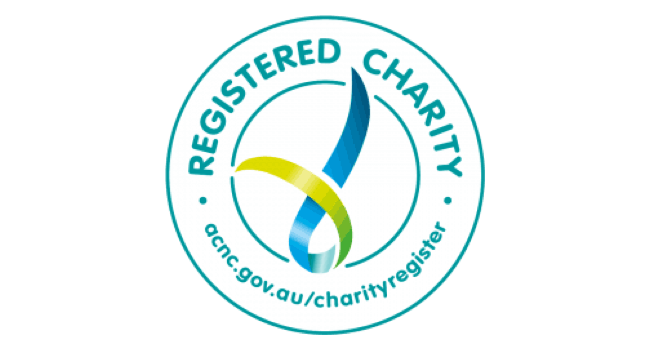In the event of a natural disaster such as flood or bushfire, one of many concerns for parents will be the impact on their children.
In the wake of disaster, the right support can help children to recover and strengthen their resilience in the event of a disaster recurring.
Linking experts from different disciplines with trusted local services such as early education and care can help exhausted and traumatised families access help for their children and themselves.
The Australian Research Alliance for Children and Youth (ARACY) conducted a webinar in 2022 focusing on this topic. In the webinar, senior clinicians from Royal Far West shared their experience with programs that focused on recovery and resilience, along with their work in preschools and schools and with parent groups & educators, examining grief, loss and recovery.
A video of the webinar is available.
Children with disabilities
Natural disasters can be particularly challenging for children and teenagers with disability, autistic children and teenagers, and children and teenagers with other additional needs. For example:
- Children and teenagers with intellectual disability or developmental delay might find it difficult to understand what’s happening in a natural disaster. They might not understand what to do, or they might have difficulty following instructions.
- Autistic children and teenagers might be sensitive to changes in their routine or environment, have strong sensory sensitivities to unexpected sounds or smells, have particular fears, or find unfamiliar social environments challenging.
- Children and teenagers who have a physical disability or need medical equipment or mobility aids might need help moving to a safe place, finding emergency power sources or getting access to medical treatment.
- Children and teenagers with mental health problems might find that their symptoms get worse during an emergency and that they need specialised care.
The Raising Children Network has a web page with specific advice for this situation.



